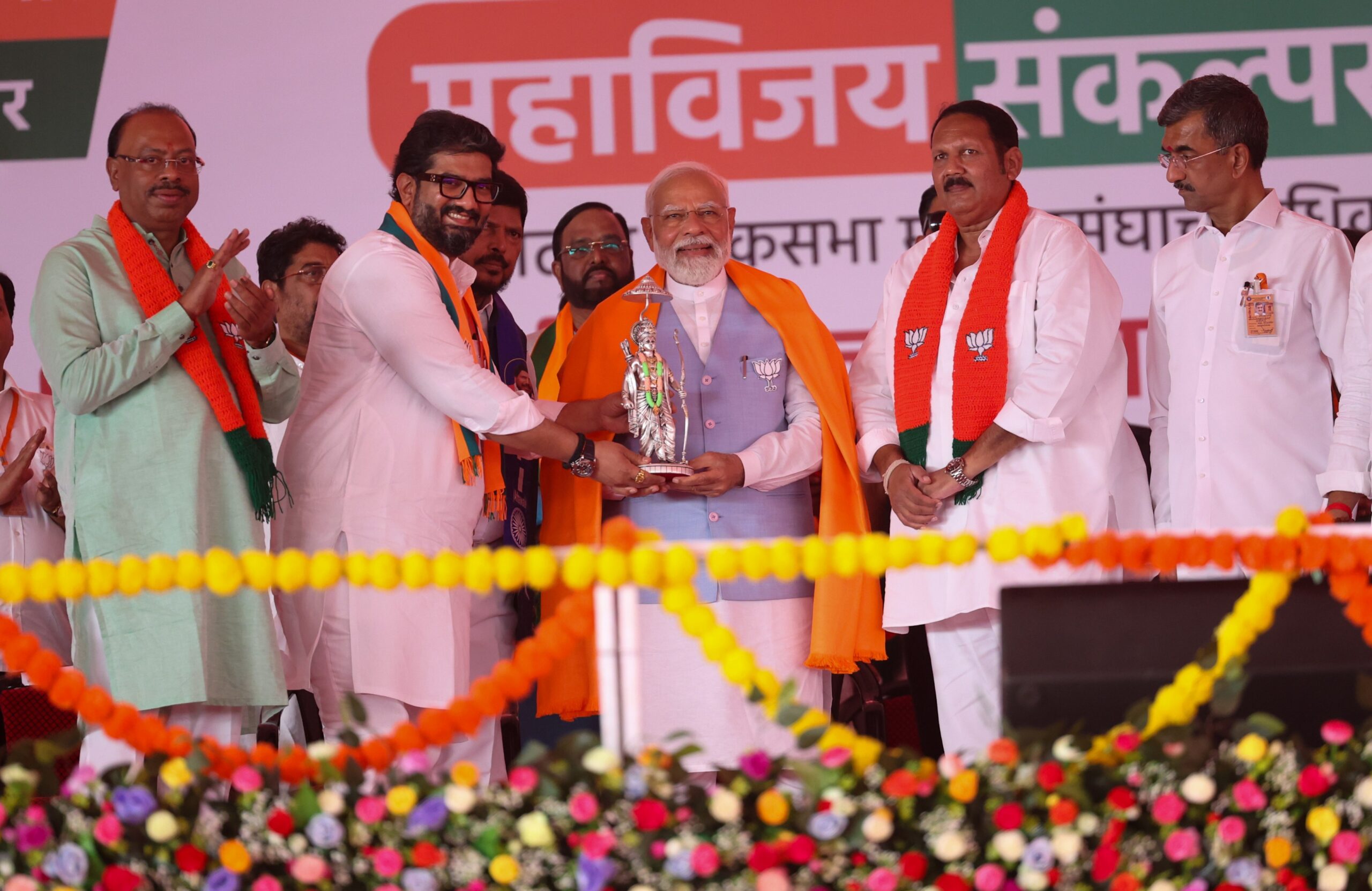
The contemplations are now on India, which has formally completed the seventh phase 2024 general elections. Elections in the South Asian state entail a lot because of their considerable population size of 1.4 billion, of which 80% are Hindus and the remaining are minorities, including Christians, Sikhs, especially Muslims, with a population size of 200 million, making India the third largest Muslim populous country. The massive gap in the population’s size has created room for identity politics. The Bharatiya Janata Party (BJP) holds the rhetoric of Us versus Them, which may undermine the pluralistic essence of Indian society.
In one alleged video, they are targeting Muslims, showing them as invaders, and consider them responsible for attacking Hindu temples and snatching the properties of Hindu citizens. Such narratives and rhetoric’s are very appealing to people, especially Hindus, because they act instrumental and create a collective sense of identity, which will lead to the otherization of Muslims from the societal fabric. The ruling party, BJP, led by Setting Prime Minister Narendra Modi, is struggling for the third time to resume office. Formally, BJP is the political wing of Rashtriya Swayamsevak Sangh (RSS), which was a nationalist Movement inspired by the teachings of Savarkar and Gulvarkar. This rhetoric of otherization and portraying Muslims as “THEM” is rooted in the Nationalist vision of the BJP, which is making instrumental use of identity politics in response to other communities and religious groups.
Changing tendencies of India’s politics due to identity politics:
India’s general election is approaching its critical phase, with 889 candidates from eight states and union territories voting on May 25. Key candidates include Kanhaiya Kumar, a former student leader, and Dharmendra Pradhan, a Minister of Education. The sixth phase will see all seven seats in the Indian capital region go to polls. The Indian National Developmental Inclusive Alliance (INDIA) aims to address economic distress and employment generation. However, the BJP faces setbacks from Punjab, where it has targeted Sikh leaders and separatists who demand Khalistan. The saffron party has lost the deposits in certain seats in the Malwa region in the 2019 Parliamentary polls after winning all the 10 parliamentary seats in Haryana but is now being trolled for mishandling the farmers’ agitation in 2021.
As can be observed, however, it can also be damaging for Modi and identity politics may come into play significantly in his campaign. There is specific approaches ensuring minorities proposed by the Congress party. As per certain reports received, the BJP acts like the members of other communities are part of a different entity. The opposition leaders managing to deflect Modi’s focus from the economic issues to Congress accused the latter group of plotting to grant welfare rights to the Muslims discriminating Hindus castes and religious groups. He did this to make up for the shortcomings that were experienced in the past so that more people could be convinced to vote. Congress has never made this statement and various strategies employed by Modi in the course of election campaign littérateur show how identity politics function.
The Future of Democracy:
It can be stated that the Indian political system is based on such principles as secularism and nationalism on the one hand, with the Prime Minister, Narendra Modi, as the country’s prime minister facing uncertainty with a different vision on the other hand. For instance, the BJP, under the leadership of Narendra Modi, has been targeting the creation of a so-called ‘Hindu Rashtra,’ which is ideal for a Hindu-dominated populace.
The issue that became a central point of discussion for the BJP is as far as discussing “Hindu Rashtra,” with some seen as an integrating force and others perceiving it as externally polarizing. It forms the critical contributor to the influence over the narrative, far from just the symbolic issues like the Uniform Civil Code. The criticism is that while the BJP lays stress on the Hindu nationality, it undermines the secular clause and puts religious freedom at risk. The Party claims Modi threatens to steer India away from more pressing economic issues as religious tropes fill the conversation.
The launched Make in India drive seeks economic growth, while critics are divided, saying it is against religious representations. Policies designed to bring up the standards of living of minority groups are put into question, concerns associated with the growth of insecurity in these areas looming large. To conclude, Indian identity is an accurate equilibrium with democratic ethics where today’s decisions mark the destiny and soul of the world’s largest democracy.
The BJP, which is currently the ruling party in India, is quickly transitioning from a political discourse to one that is nationalistic and which blames the Muslims. They have been very much against Muslims, and their comments include aspects that depict Muslims as intruders who have invaded India and damaged Hindu sacred places. Democracy has suffered tremendously in India today, where Prime Minister Narendra Modi calls Muslims a dangerous community, ‘intruders’ in India who pose a threat to Hindu women. It now seems as though Modi has his focus set on the upcoming general election and, therefore, does not spend his energy on policies that would help the Muslim community. This trend may spatially divide different Hindu or ethnic groups, etc. People with such approaches may continue to create distance between “us” and “them,” which hinders efforts toward embracing diversity and could even spark conflict between communities, thus eliciting intense political discussion. This attitude and approach should not be encouraged; therefore, there is a great need to condemn it further.
